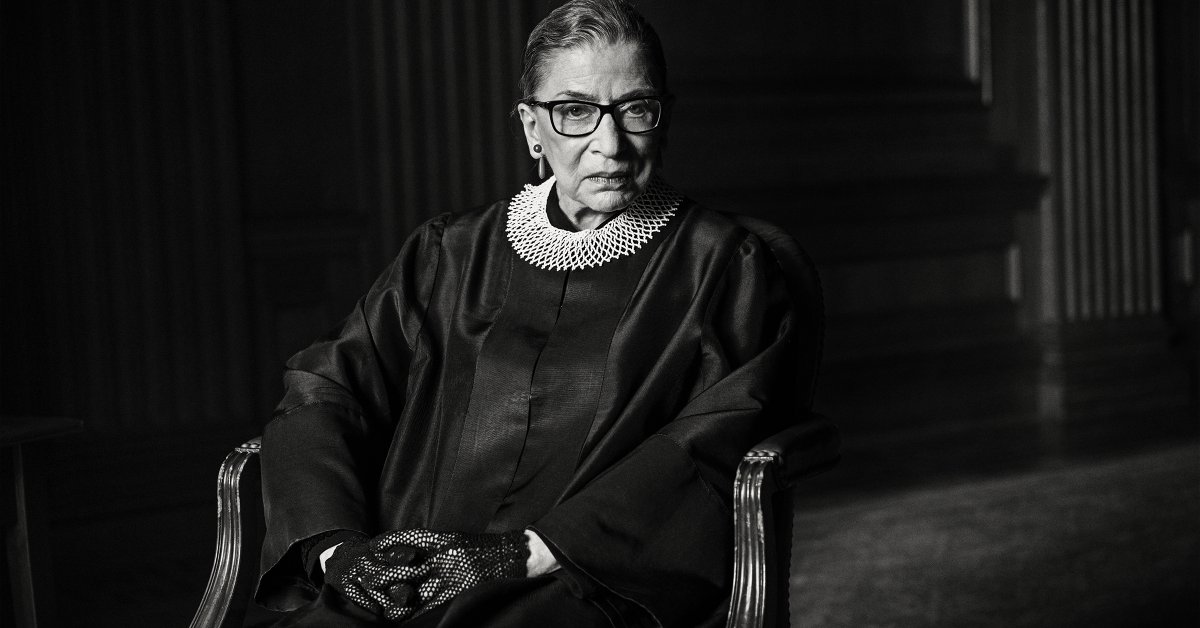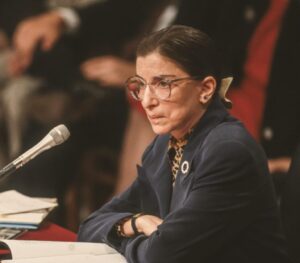America lost a true legend last week when Supreme Court Justice Ruth Bader Ginsburg passed away.
Ginsburg, also known as the “Notorious RBG,” has had her story told many times in the media with books and films including RBG and On the Basis of Sex. Ginsburg advocated for many women’s rights, fighting against gender discrimination. In addition to that, she was a strong pro-copyright voice in the Court.
Ginsburg gravitated to IP disputes when she was originally appointed to the Supreme Court in 1993. She was heavily involved in multiple important cases. She wrote the majority opinion in Eldred v. Ashcroft (2003), which upheld the 1998 Sonny Bono Copyright Term Extension Act (CTEA). The CTEA extended the copyright terms in the U.S. to last for the life of the author plus 50 years, or 75 years for corporate authorship.
RBG also worked on Golan v. Holder (2012), which focused on copyright protection to foreign parties whose works had entered the public domain. The public domain was declared not untouchable, and Congress may grant protection to previously unprotected works.
Also in Petrella v. MGM (2013), involving Martin Scorsese’s film Raging Bull, Ginsburg shaped who could sue for copyright infringement. Her majority opinion concluded that an unreasonable delay in filing a copyright suit should not bar a plaintiff from proceeding. The equitable defense of laches cannot be used to bar a claim of copyright infringement brought within the three-year statute of limitations window.
RBG’s absence is likely to impact which future copyright cases the Supreme Court takes on. Right now there is Google v. Oracle, the first case to be heard without Ginsburg. The issue in Google v. Oracle is the availability of copyright protection for computer programs. This particularly involves the copyright protection of code in Oracle’s Java platform, that Google copied for its Android system. The Court is also being asked to review Skidmore v. Led Zeppelin, a 9th Circuit win for Led Zeppelin’s “Stairway to Heaven” allegedly being an infringement of Spirit’s “Taurus.” This case would have been a perfect Ginsburg case, as it would not only tackle the scope of copyright but also social inequities in the system.
Ginsburg’s copyright views were highly regarded in the entertainment industry. In 2015, she was inducted into the Chiefs in Intellectual Property Hall of Fame for her commitment to the advancement of women in IP and technology careers. Upon her passing, Motion Picture Association Chairman Charles Rivkin put out a statement celebrating her “eloquent opinions championing the rights of creators.” Ginsburg always had a big voice in these cases. Without her influence, it can be wondered what will change for the copyright and entertainment worlds.


